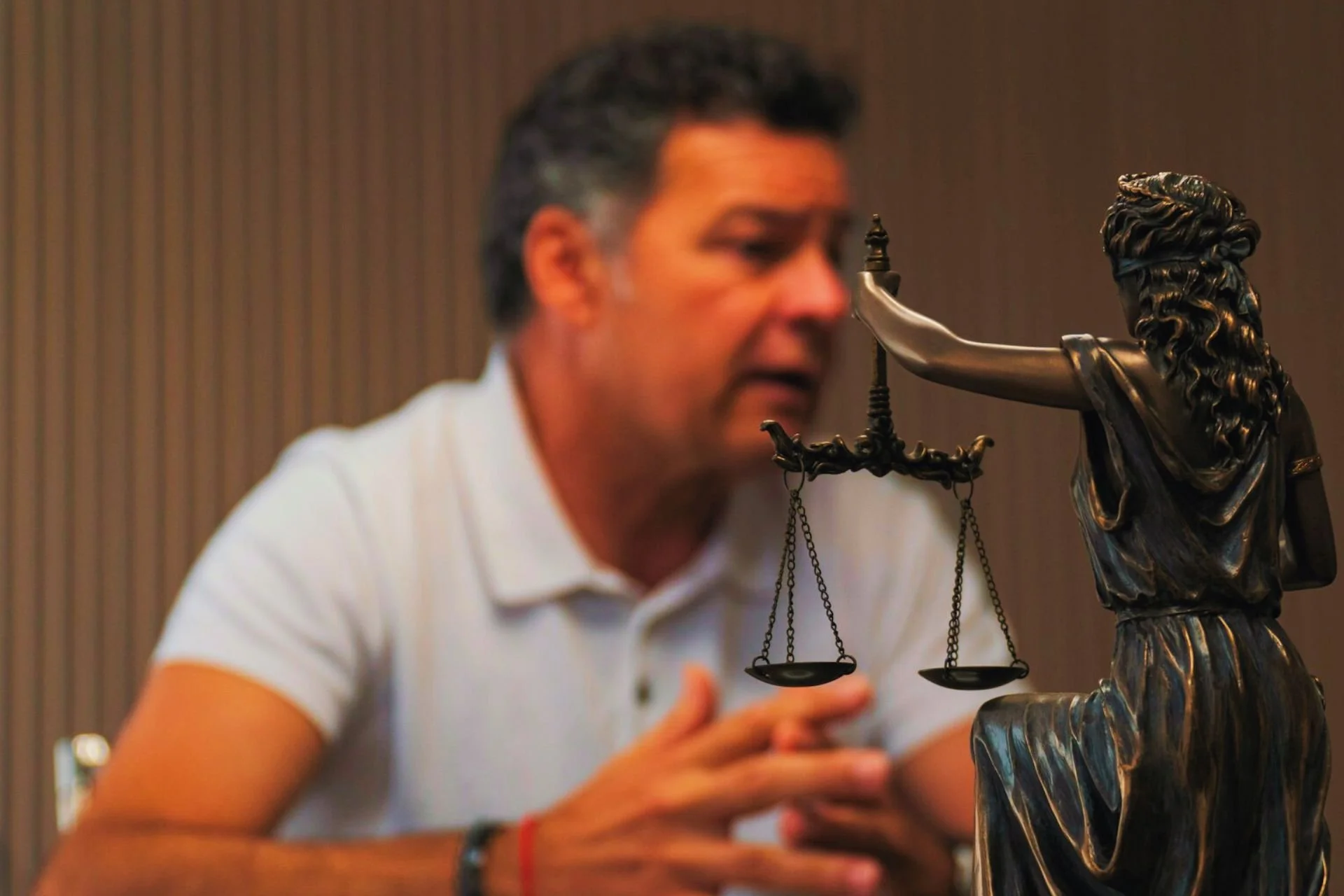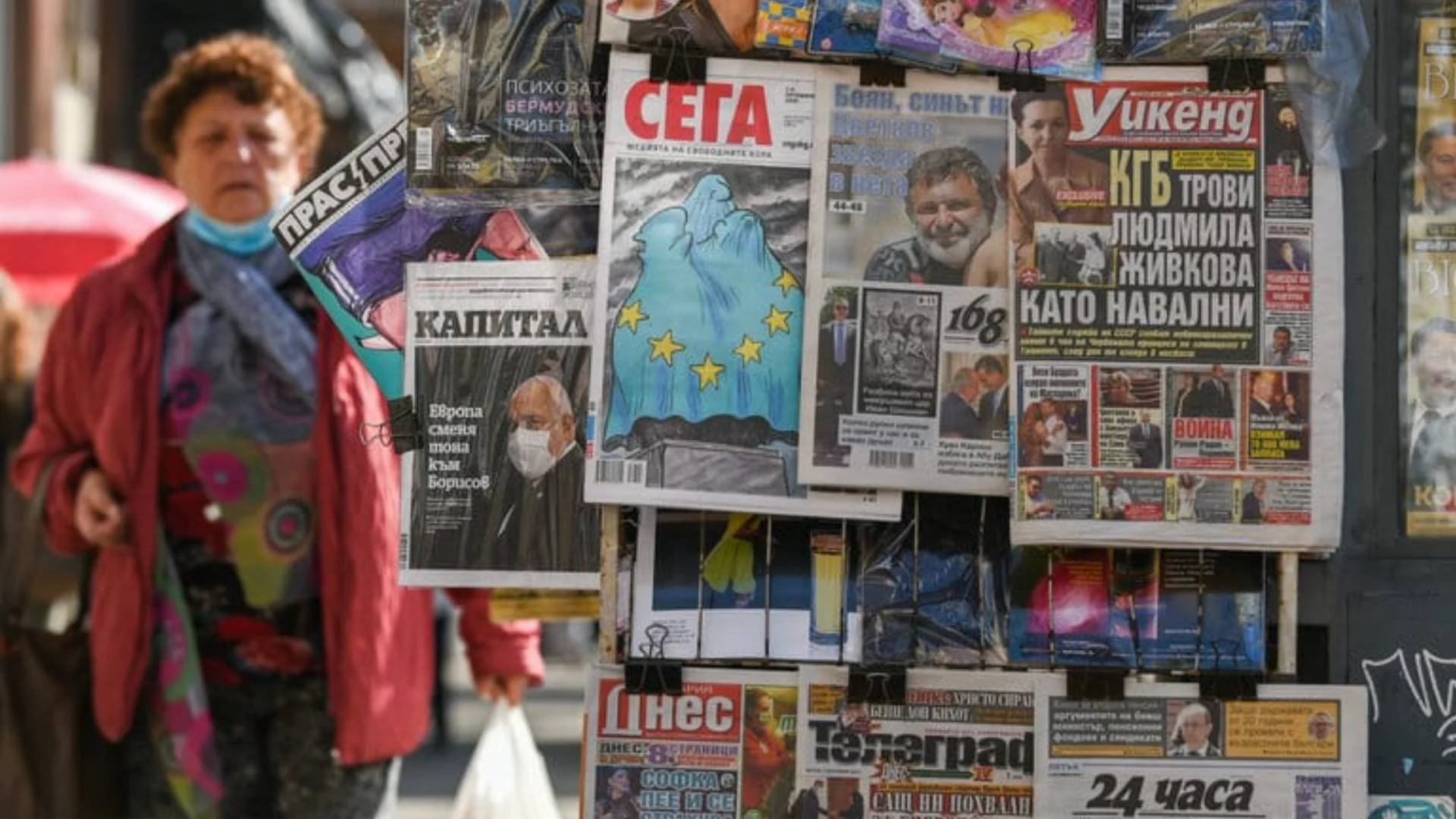Romania’s elections were a battle for information integrity. The coming months will be the war.
Romania’s dramatic presidential elections are not just another lesson in the risks of Russian propaganda. The real lesson from Romania is that media freedom is now a matter of European security, and Brussels must act now to address what makes Romania–and the entire continent–vulnerable to future interference and continued political instability.
By Alexandra Karppi, Balkan Free Media Initiative
Europe breathed a sigh of relief on May 18 when Romanians elected centrist Bucharest mayor, Nicusor Dan, over far-right extremist George Simion to the presidency. In his first address after securing victory, Dan stressed that the road ahead will be difficult for Romania, given the urgent need for economic, political, and defense reforms. But Brussels would do well to heed Dan’s warnings about the future, too.
Romania’s turbulent year–marred by Russian interference, cancelled elections, and nearly a right-wing resurgence–is emblematic of today's most pressing threats to European democracy and security. Deeply entrenched institutional deficiencies, including in the Romanian media market, have wrought incredible damage to public trust and paved the way for the current political crisis. At the same time, the inability of credible media to adapt to the new digital landscape has put the country at risk of continued crisis. If Brussels is serious about reversing authoritarian gains and shoring up its own security, it must invest more heavily in media freedom, addressing both the causes and symptoms of its negligence.
Old institutional problems, new digital threats
While international media painted Romania’s election as a choice between “East and West,” for many Romanians the race was about long-held grievances against scandal-ridden politicians, corrupt and dysfunctional courts, negligent healthcare centers, and the lack of economic opportunity that has driven thousands to emigrate (it’s no surprise, then, that the large Romanian diaspora is a decisive voting bloc). While these feelings may have helped fuel populist candidates like Simion, they also speak to Romania’s democratic decline in recent years (corroborated by numerous indexes) and the crisis of public trust this backsliding has brought.
Romanian journalists are on the front lines of these challenges. Years of media capture have undermined their ability to act as critical watchdogs for democracy. Speculative commercial practices such as poor ownership transparency and unethical advertising have made the media market untenable for credible outlets and exposed it to abuse by foreign entities. Like much of the surrounding region, Romania’s regulators are politically compromised, allowing a small group of owners in and outside the country to control editorial content while hiding in a seemingly diverse media environment. These shortcomings are driving many Romanians, especially young ones, to distrust traditional media and go to social media for their news instead.
Now, Romanian journalists must also compete in a new digital reality, one that rewards hate instead of truth and whose under-regulation makes it all too easy for domestic and foreign actors to infiltrate. As European lawmakers have acknowledged, the very ways that information is produced and consumed on social media make it near impossible for traditional media to reach audiences in the ways that they used to. Even factcheckers cannot keep up with the sheer speed at which content can now move. And, without robust institutional safeguards, trustworthy outlets in fragile democracies like Romania have fewer options to fight back against the barrage of disinformation online.
Democracy pushed to its limits
Liberals and conservatives alike questioned the Romanian government’s decision to cancel last December’s election and later ban its winner from running in the final race. The move certainly put Romania under intense scrutiny from some allies in Europe and across the Atlantic. Although it was likely the “right choice” for Romanian democracy in the short term, this decision only exacerbated the crisis of trust among Romanian citizens (especially as increasingly harsh online restrictions were rolled out in the spring). Restoring this trust will now be that much harder for the new government and for well-intentioned media.
Confidence in Romanian institutions’ ability to implement well-intentioned new measures from the EU, such as the European Media Freedom Act and the Digital Services Act, is understandably low. Though this legislation is a valiant effort from Brussels to shutter existing loopholes and respond to emerging digital threats in the bloc, European institutions cannot let local regulators off the hook for the values behind these acts to be fully realized.
But the broader dilemma behind Romania’s experience is that democracy cannot defend itself from the well-funded, well-coordinated hybrid operations mushrooming across Europe using its existing toolkit. To meet the current moment, new kinds of preventive measures may be needed, ones that are not only sensitive to these challenges, but proactively generate pro-democracy narratives that address today’s civic grievances.
The heart of Europe's information war
Romania’s problems are fundamentally shared ones. Neither Russian ad companies nor Kremlin information campaigns know borders; they only know to disrupt democracies in moments of instability.
At stake is not just European democracy, but Europe’s post-WWII security order. Given the unpredictable administration in Washington, Europe cannot afford another Hungary or Slovakia, this one two and four times their size and strategically located on the Black Sea. Nor can it afford another hit to its reputation in beleaguered EU candidate countries in the Balkans, a region disproportionately vulnerable to Russian interference and with heightened security concerns. The Romanian case must be a call to action for all of Europe, that without media freedom, the continent’s future looks precarious.
Our readers read next:






